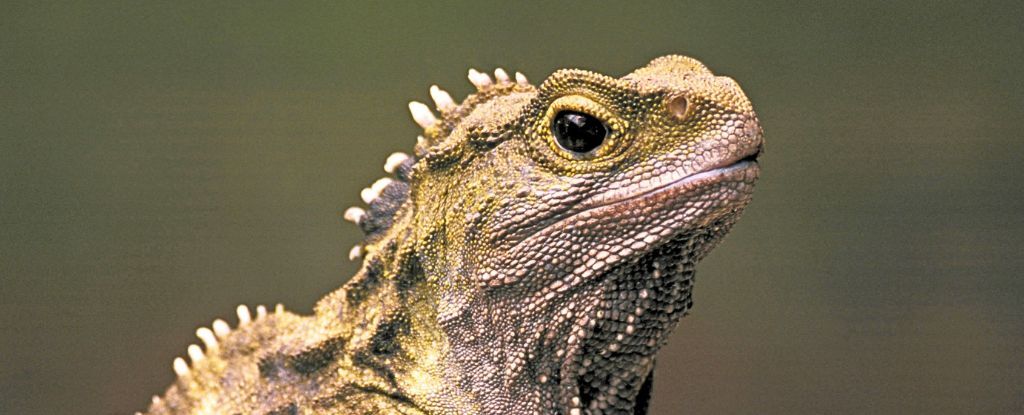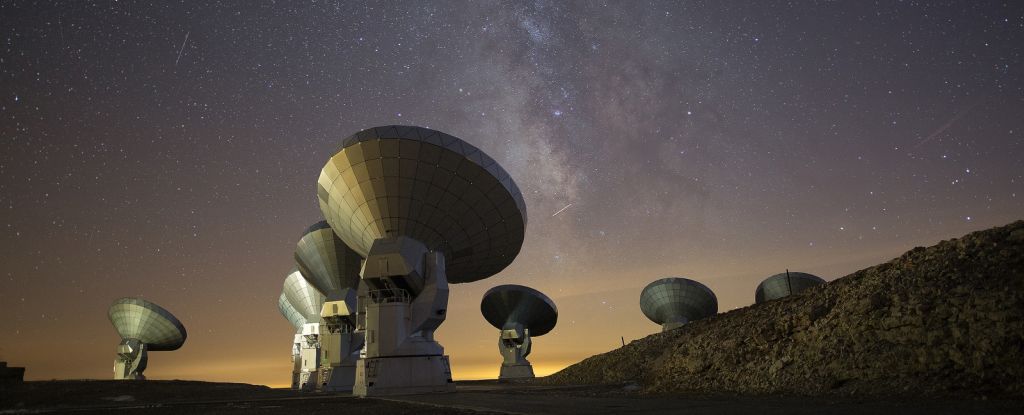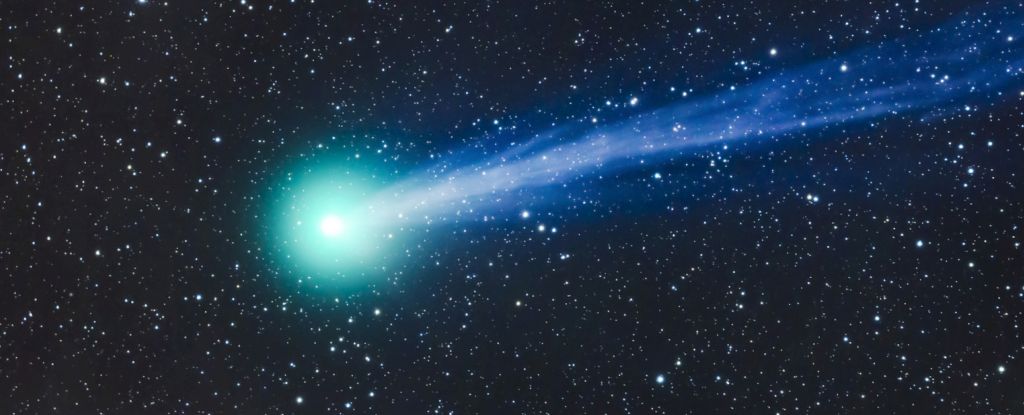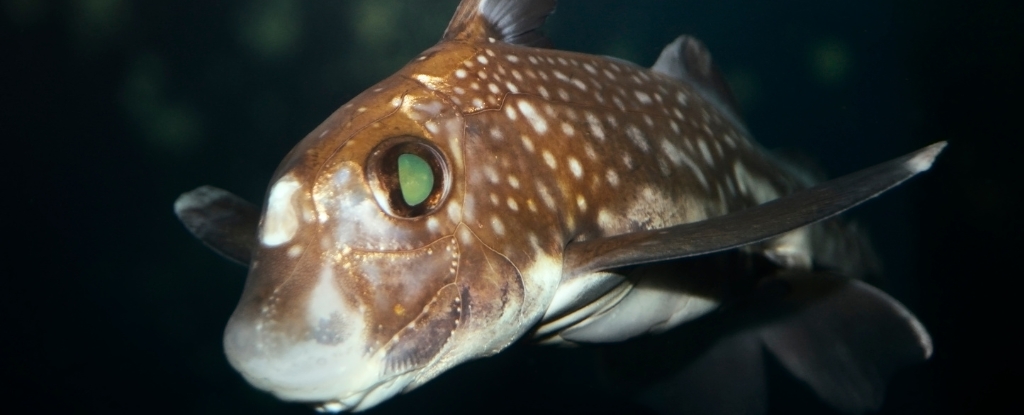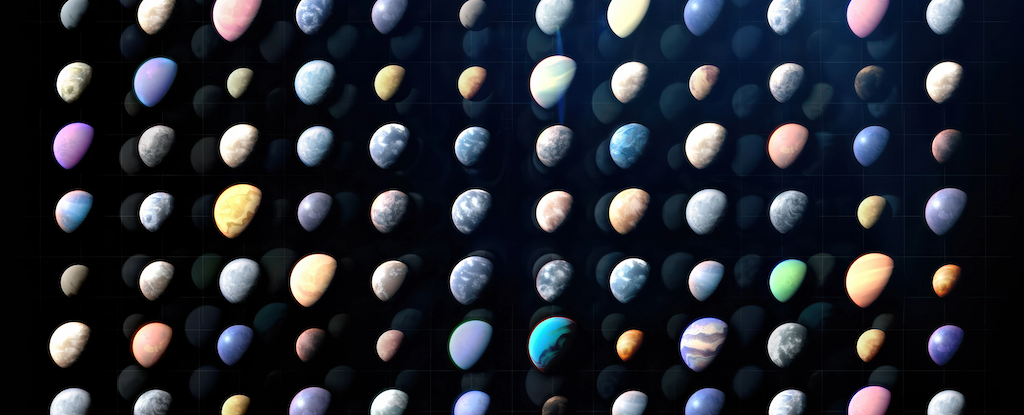A tiny, reptilian fossil has been excavated from layers of ancient sandstone, where it was preserved for over 240 million years – predating the dinosaurs. The little lizard-like creature pinches the record for the oldest known lepidosaur. Until now, this title was held by Wirtembergia, which lived 3-7 million years later. Lepidosaurs are a group containing lizards, snakes, and the …
Read More »Tag Archives: ScienceAlert
Exceptional ‘Einstein Cross’ in Space Reveals Where Dark Matter Is Hiding : ScienceAlert
A chance configuration of objects arrayed across deep space has just revealed the hiding place of a giant glob of dark matter. Configurations like these, known as Einstein crosses, typically consist of four distinct points of light. This particular example, named HerS-3, has a feature never seen before. At the center of the cross appears a fifth blob of light. …
Read More »One Weight Loss Strategy Is 5x More Effective Than Ozempic, Trials Find : ScienceAlert
Ozempic and other semaglutide medications have been working wonders in terms of shedding pounds for many people, but a study shows that they’re still not as effective as surgery when it comes to weight loss – and it’s not even close. Researchers from New York University (NYU) compared sleeve gastrectomy and gastric bypass operations against semaglutide or tirzepatide. These drugs …
Read More »The World’s Largest Neutrino Detector Switches on Deep Underground : ScienceAlert
Neutrinos are one of the most enigmatic particles in the standard model. The main reason is that they’re so hard to detect. Despite the fact that 400 trillion of them created in the Sun are passing through a person’s body every second, they rarely interact with normal matter, making understanding anything about them difficult. To help solve their mysteries, a …
Read More »Microplastics Linked to Worsening Alzheimer’s Symptoms in Mice : ScienceAlert
If you’re already genetically predisposed to Alzheimer’s disease, consuming microplastics could trigger cognitive decline, according to a new study in mice from researchers at the University of Rhode Island. The researchers wanted to see how microplastics might interact with genetic Alzheimer’s risk to make brain dysfunction more likely – a combination of both the genes we’re born with and the …
Read More »Strange Green Glow From Interstellar Comet 3I/ATLAS Has Scientists Puzzled : ScienceAlert
Images of interstellar comet 3I/ATLAS snapped during the September 7 total lunar eclipse seem to suggest that the latest visitor to the Solar System may be turning green. That’s not all that strange for a comet. Many Solar System comets give off a green glow when they heat up enough to emit vapor. However, for 3I/ATLAS, it might be quite …
Read More »Ozempic in a Pill? Clinical Trial Finds Oral Semaglutide Works For Weight Loss : ScienceAlert
Under brand names like Wegovy and Ozempic, semaglutide assists weight loss and manages diabetes through a series of daily injections. Unfortunately, the small sting that’s required with every dose can dissuade many from considering the medication as an option. A new clinical trial suggests a pill form could soon be a viable alternative. Semaglutide is currently administered through a weekly …
Read More »Shockingly Common Injury Linked With Increased Dementia Risk : ScienceAlert
Older adults who experience injurious falls are more likely to develop dementia within a year of their accident compared to people of the same age who have other kinds of physical injuries, according to a large study published in 2024. The findings from a team of researchers in the US do not prove falls contribute to dementia (although this can’t …
Read More »Ghost Sharks Use Teeth on Their Forehead to Have Deep-Sea Sex : ScienceAlert
Are those teeth on your forehead or are you just happy to see me? In the curious case of chimaeras, also called ghost sharks, the answer is ‘both.’ These forehead-teeth are attached to a retractable stalk called a tenaculum, and they help chimaeras have sex. Because of course. Whether these nodules are true teeth in every sense of the word, …
Read More »6,000 Planets Beyond Our Solar System Discovered : ScienceAlert
The age of exoplanets began in 1992, when astronomers detected a pair of planets orbiting a pulsar. Then, in 1995, astronomers discovered the first exoplanet orbiting a main sequence star. As NASA’s Kepler and TESS missions got going, the number of confirmed exoplanets continued to rise. By 2015, NASA announced that Kepler had discovered its 1,000th exoplanet. 2016 was a …
Read More »